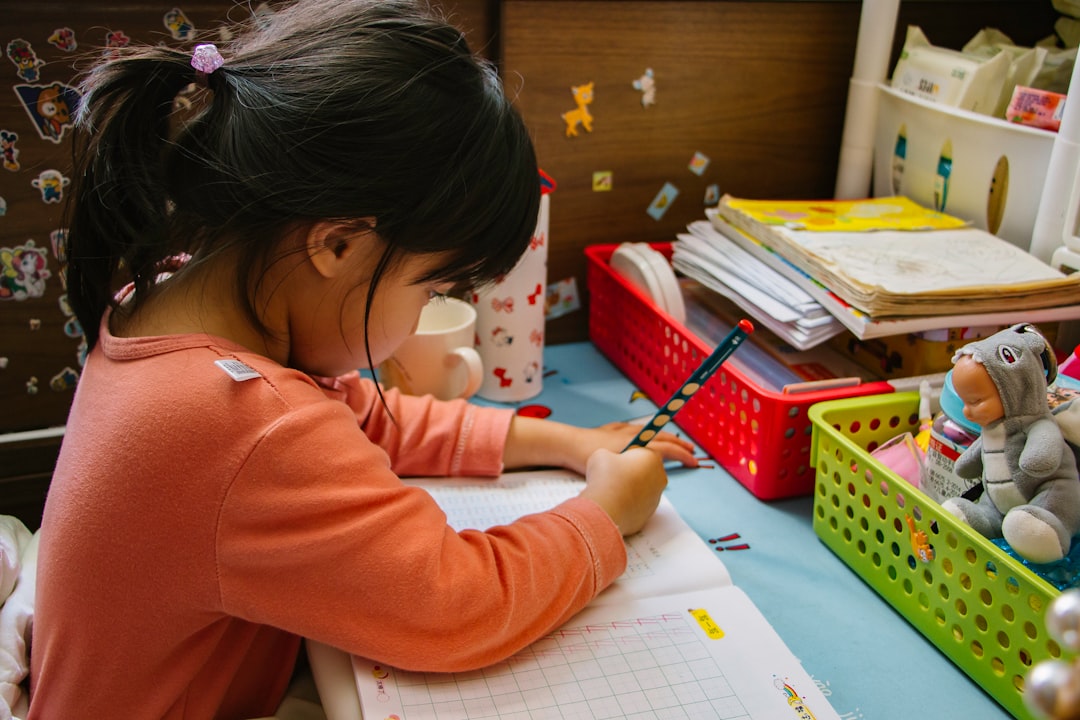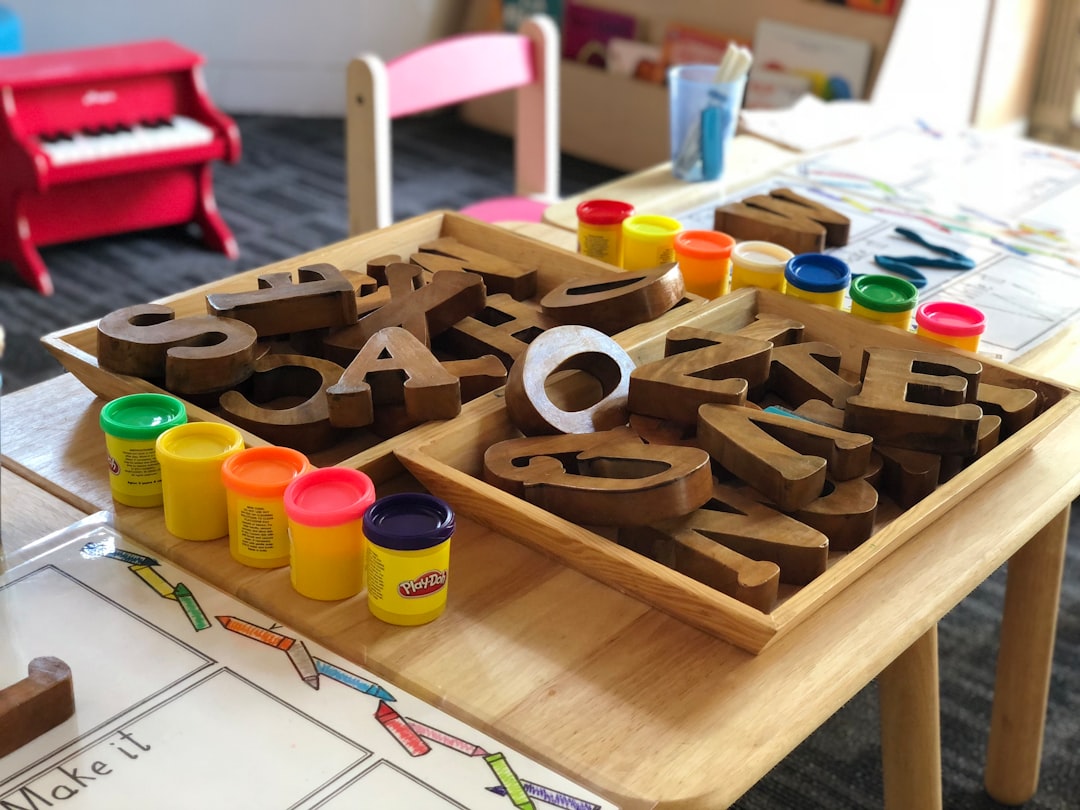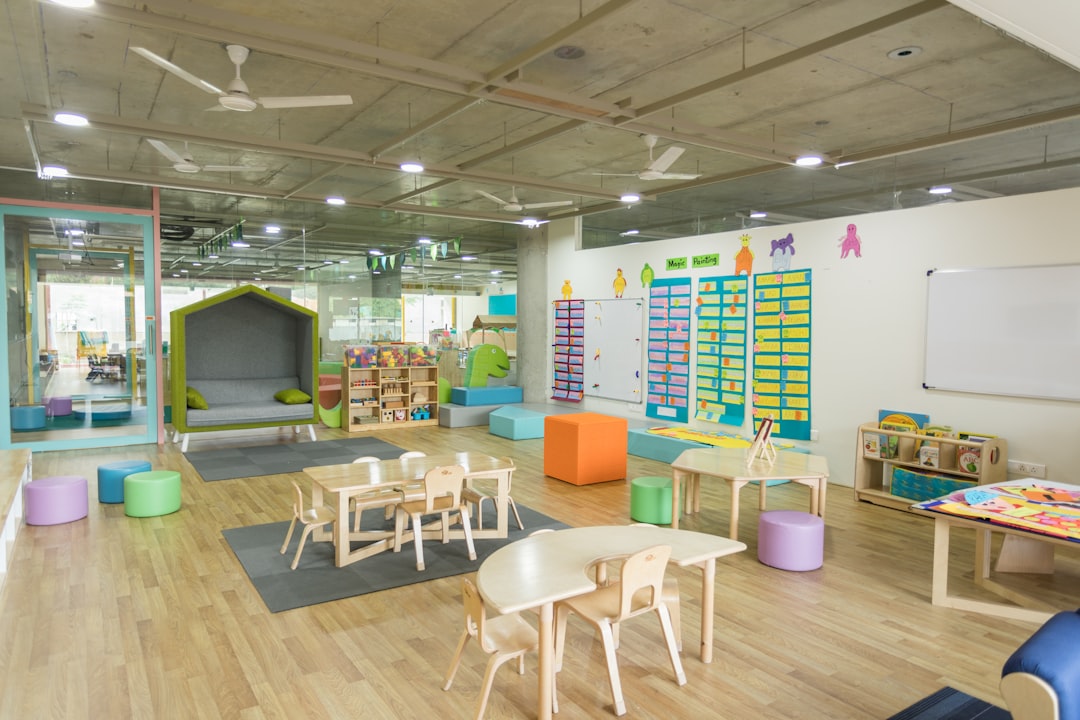Unexpected behavioral changes, such as aggression or withdrawal, along with alterations in eating, sleeping, and school performance, could signal daycare abuse. Look for hidden injuries, sudden changes in routine, and disrupted sleep patterns as potential red flags. If you suspect abuse, consult a reputable daycare abuse attorney Washington for legal guidance and support to ensure your child's safety and justice.
Are you a parent in Seattle wondering if your child is safe at daycare? Recognizing the signs of abuse is crucial. Look for sudden behavioral changes, like increased irritability or withdrawal, which could indicate emotional trauma. Physical signs, such as unexplained injuries, warrant immediate attention. Additionally, unusual routines, lack of rest, and communication gaps suggest a need for investigation. If you suspect daycare abuse, consult with a reputable daycare abuse attorney in Washington to protect your child’s well-being.
Recognizing Behavioral Changes: What to Look Out For

If your child has started showing unexpected or sudden behavioral changes, it could be a red flag. A daycare abuse attorney in Washington may highlight that kids who have been subjected to daycare abuse often exhibit these signs. Look out for aggression or withdrawal—they might become more irritable, display uncharacteristic violence, or withdraw socially, either becoming overly quiet or excessively talkative.
Changes in eating habits, sleep patterns, and performance at school are also indicators. Kids may start refusing meals, having trouble sleeping, or experiencing a significant drop in grades due to stress and anxiety caused by the abuse. If you notice these signs, it’s crucial to consult a daycare abuse attorney in Washington to understand your legal options and ensure your child receives the support they need.
Physical Signs of Abuse and Injuries

If your child is experiencing daycare abuse in Seattle, it’s crucial to look for physical signs that something is amiss. These can include unexpected or unexplained injuries such as bruises, cuts, burns, or broken bones. A daycare abuse attorney in Washington will tell you that these marks often occur in areas typically hidden by clothing, like arms, legs, or the back of the neck.
Pay close attention to any changes in your child’s behavior or appearance. They might become more withdrawn, anxious, or display sudden fear or loathing for daycare. Conversely, they could also exhibit aggressive or self-injurious tendencies. A daycare abuse attorney in Washington advises that these physical and emotional signs can be red flags indicating a deeper issue that requires immediate attention and intervention.
Unusual Routine and Lack of Rest

Unusual routines and lack of rest are red flags that may indicate your child is experiencing daycare abuse in Seattle, warranting immediate attention from a childcare provider and, potentially, legal counsel from a daycare abuse attorney Washington. Children in healthy daycare settings typically follow consistent schedules for meals, naps, playtime, and quiet time. If you notice disruptions or inconsistencies in these routines, it could signal that your child is being pushed beyond their limits or not receiving adequate care.
For instance, sudden changes in bedtime routines, frequent awakenings during the night, or an inability to fall asleep at regular nap times can suggest that your child is stressed or overstimulated by their environment. As a parent, trust your instincts if something feels off. A daycare abuse attorney Washington can help guide you through legal options and advocate for justice if you suspect your child has been subjected to abuse or neglect while in someone else’s care.
Communication Gaps and Secrecy at Daycare

If your child has started attending a daycare center in Seattle, it’s essential to be vigilant about any unusual behavior or communication gaps that may arise. A sudden reluctance to talk about their day at daycare, or a constant need for secrecy around daycare-related topics, could be red flags. Children who are experiencing abuse or neglect at daycare often struggle to express what is happening, either due to fear or manipulation by the abuser. They might avoid conversations about their time away from home, or they may use code words or vague descriptions to refer to abusive incidents.
As a parent, paying close attention to your child’s language and emotional cues can help you identify these gaps. A daycare abuse attorney in Washington advises that keeping an open line of communication with your child and seeking immediate clarification if something seems off are crucial steps in ensuring their safety. Don’t hesitate to reach out to the daycare staff or seek professional help if you suspect any form of daycare abuse.



